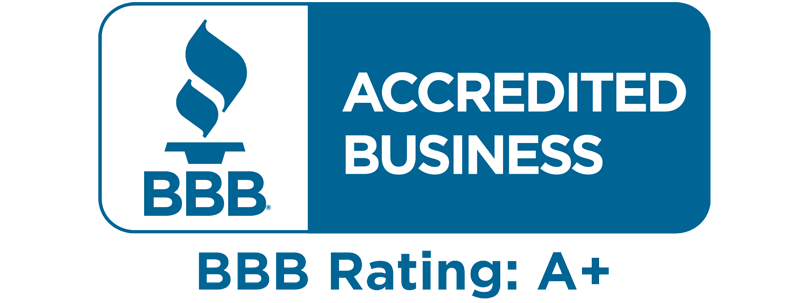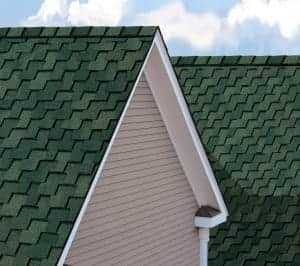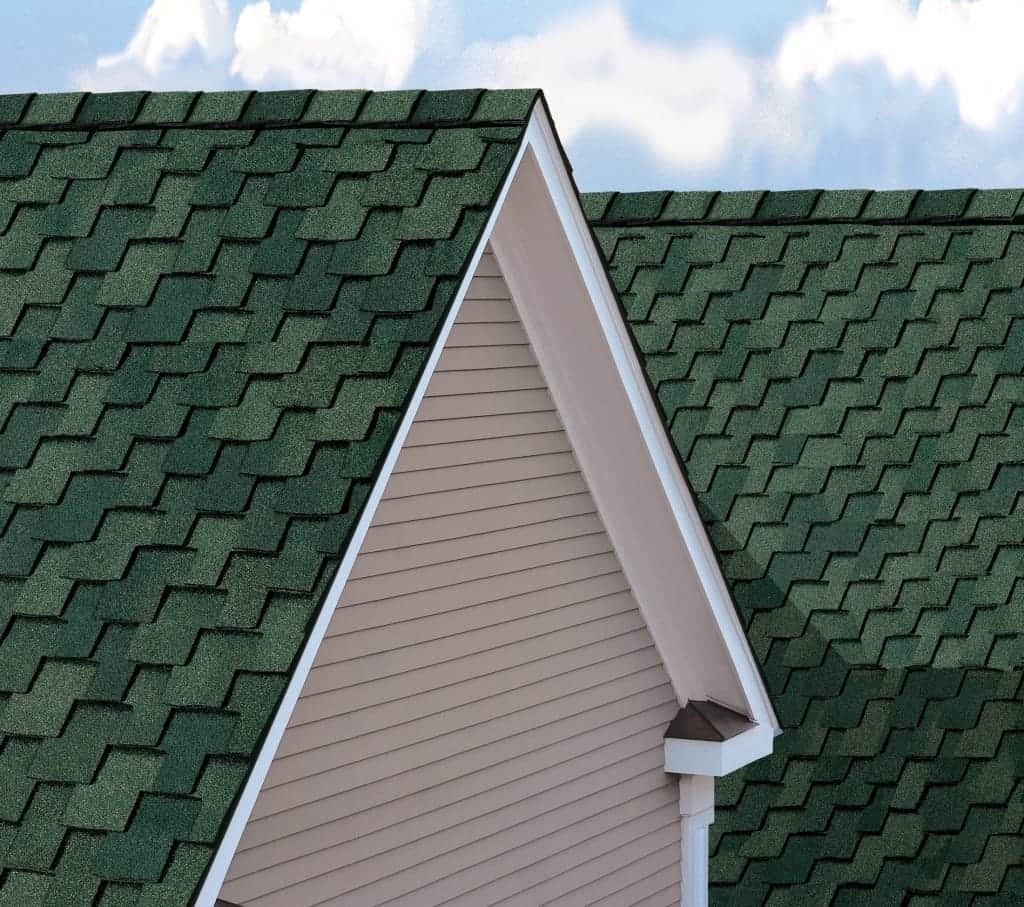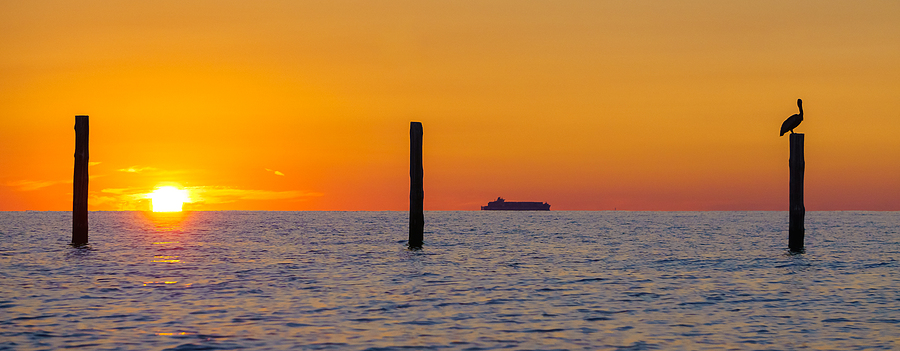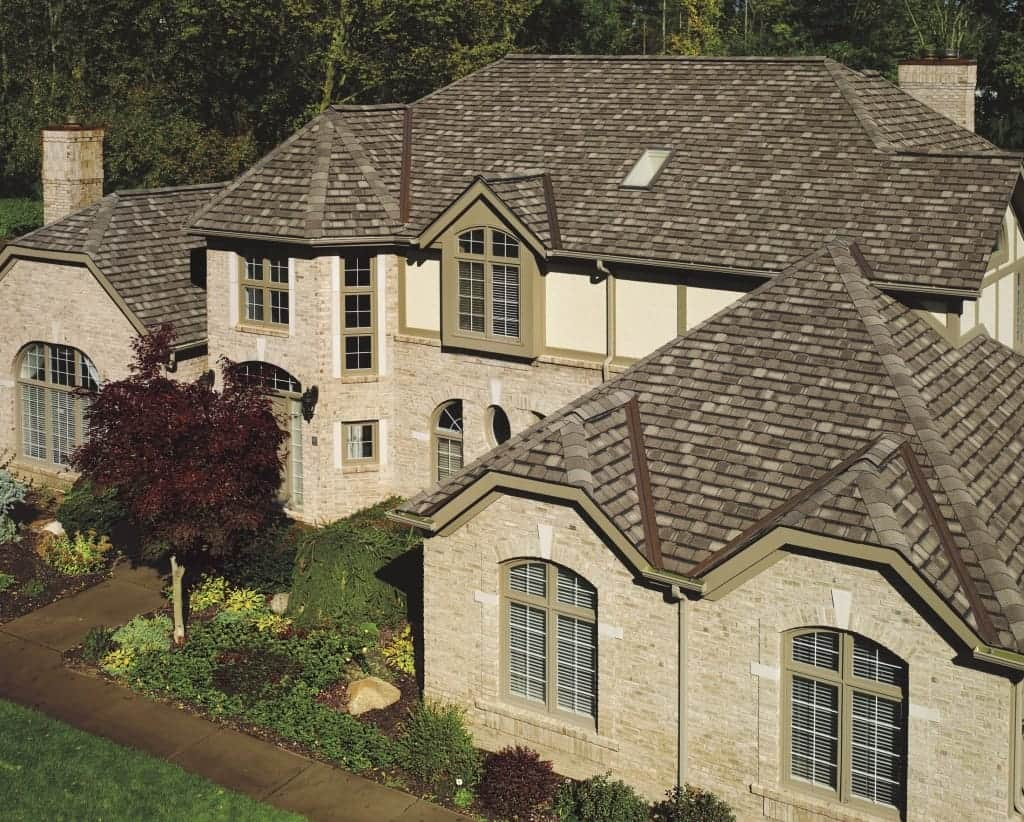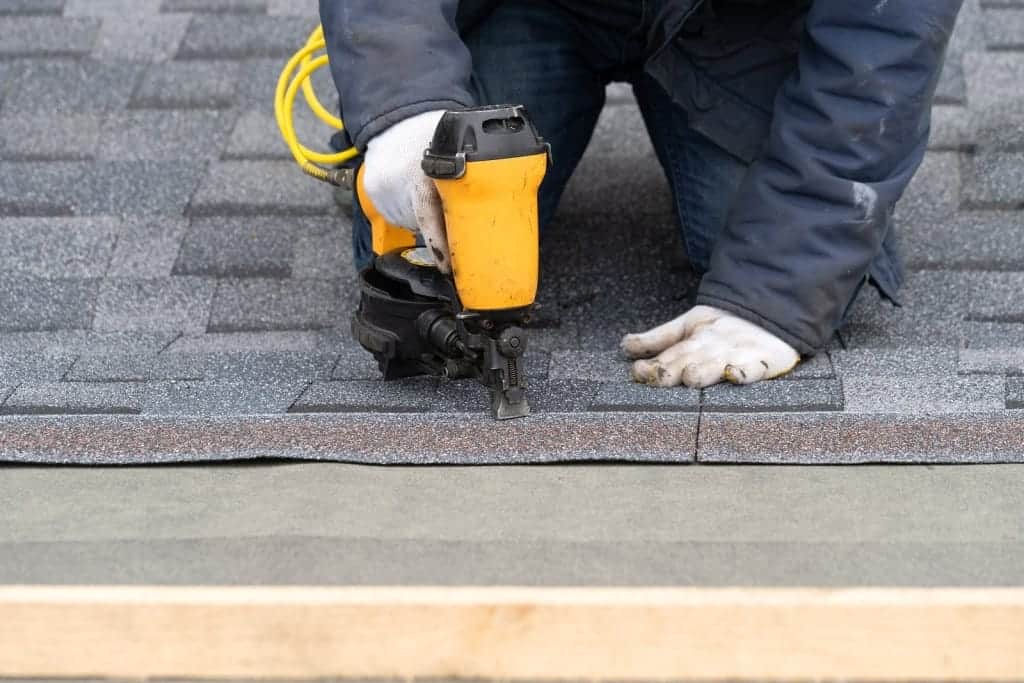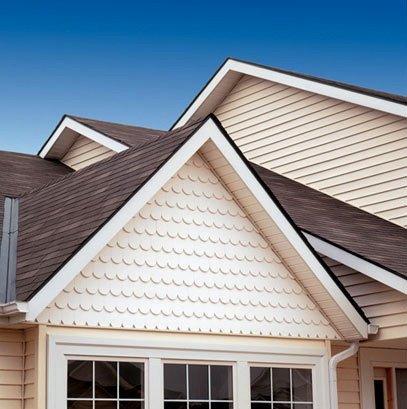Virginia Beach Roof Maintenance: Protect Your Home from Coastal Weather


Virginia Beach Roof Maintenance: Expert Tips to Protect Your Home from Coastal Weather
Maintaining a healthy roof is crucial in any location, but for homeowners in Virginia Beach, the coastal climate adds extra challenges. From salty sea air to sudden storms, the local weather can take a toll on roofing materials if they’re not properly cared for. In this post, we’ll explore why coastal roof maintenance is important, the best roofing materials for the area, and how to keep your roof in top shape year-round.
1. Understanding the Impact of Coastal Weather
Salt and Humidity
Living near the ocean means your roof is regularly exposed to salt-laden air. Salt particles can accelerate corrosion and cause premature wear on metal components like flashing, nails, and gutters. High humidity levels also lead to moisture buildup, increasing the risk of rot and mold.
Frequent Storms and High Winds
Virginia Beach is no stranger to strong winds, storms, and even hurricanes. High-velocity winds can lift shingles and damage roof edges. Frequent rain also tests the integrity of your roofing system, making regular maintenance checks even more essential.
Intense Sunlight
Coastal regions often experience intense sunlight, which can break down certain roofing materials faster than in less sunny areas. UV damage can lead to cracks and fading, weakening the protective barrier your roof provides.
2. Best Roofing Materials for Coastal Areas
Asphalt Shingles
Asphalt shingles are popular because they’re cost-effective and relatively easy to maintain. Look for shingles with a high wind rating and algae-resistant technology to withstand both gusty conditions and moisture-induced growth.
Metal Roofing
Metal roofs (aluminum or steel) handle coastal conditions well, particularly if they’re corrosion-resistant. They often have coatings that protect against salt spray and UV rays, making them a durable option for Virginia Beach homes.
Clay or Concrete Tiles
Tile roofs can resist wind, salt, and sun damage when installed correctly. However, they can be heavier and more expensive. If you opt for tiles, make sure your home’s structure can support the added weight, and hire a professional experienced in tile installation.
Synthetic Roofing
Composite or synthetic shingles made from polymers can mimic the look of wood, slate, or tile without the same level of maintenance. They often come with high impact, wind, and fire ratings, making them suitable for coastal climates.

3. Maintenance Tips for Virginia Beach Homeowners
Schedule Regular Inspections
Aim for at least two roof inspections a year—one in the spring before hurricane season and one in the fall. A professional inspector will spot loose shingles, cracked flashing, or worn-out sealant before they escalate into more serious problems.
Keep Gutters and Downspouts Clean
Clogged gutters can lead to water pooling on your roof, which increases the chance of leaks and mold. Regularly remove leaves, debris, and any salt or sand buildup to ensure water can flow off your roof efficiently.
Trim Overhanging Tree Branches
Branches that hang too close to your roof can scrape shingles during high winds and deposit extra debris. Trimming them back helps protect your roof and improves airflow, which can reduce moisture issues.
Look for Algae and Mold
Virginia Beach’s humidity can promote algae, moss, and mold growth. Keep an eye out for dark streaks or green patches. Address these issues quickly by gently cleaning the affected areas with a mildew and algae remover recommended by your roofing manufacturer.
Check Flashing and Seals
Flashing around chimneys, vents, and skylights is often the first area to fail on a roof. Look for gaps, rust, or cracked sealant, and have these repaired immediately.
4. Repair vs. Replacement: Knowing When It’s Time
If you’re noticing multiple trouble spots—such as persistent leaks, widespread shingle damage, or major mold growth—consider whether a repair will be enough. Although smaller issues can be resolved with a targeted fix, extensive damage might call for a full roof replacement. A professional roofing contractor can provide an honest assessment and cost-benefit analysis.
5. Local Resources and Regulations
Building Permits
Major repairs or a full replacement in Virginia Beach typically require permits. Always check the city’s website or consult with your contractor to ensure you follow local regulations.
Professional Contractors
Look for roofing companies that are licensed, insured, and familiar with coastal construction standards. Ask for referrals or check reviews to find a trusted local professional who understands the unique challenges of Virginia Beach weather.
Storm Preparedness
Stay informed about storms or hurricanes by signing up for local alerts. After severe weather events, schedule a thorough roof inspection to catch any hidden damage before it worsens.
6. Final Thoughts
Virginia Beach’s coastal climate demands extra attention when it comes to roof maintenance. Salt, humidity, intense sun, and the threat of storms can quickly compromise your roof if you’re not proactive. By choosing the right materials, performing regular inspections, and addressing issues as soon as they arise, you can extend the life of your roof and keep your home protected.
If you have any concerns about your roof’s condition or need professional guidance tailored to Virginia Beach’s weather challenges, reach out to a local roofing expert. With the right maintenance routine and materials, you’ll enjoy peace of mind—even in the face of coastal storms.

